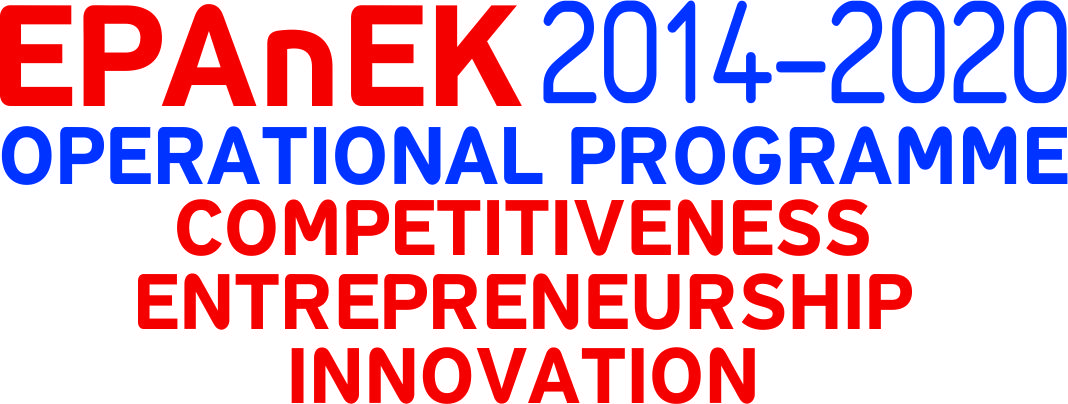AltMedSea-bream
Title: Effectiveness of terrestrial and marine plant extracts for the prevention and treatment of parasite infections (Microcotyle spp, Myxosporea) and of myxobacteriosis in cultured Sea bream (Sparus aurata L.)
Funding Source: EPAnEK Aquaculture
Budget IMBBC: 48,000€
Start / End Date: 2020 - 2023
Project Progress: 100%
Research Directions:
Fish nutrition and feeding
Fish health
Description:
The aim of this project is to study the prevention and treatment of three major diseases of cultured sea bream (Sparus aurata) causing mortalities with natural extracts of plants, algae and zeolite, substances that have not been tested thoroughly in Mediterranean marine aquaculture for specific diseases. Some of them have been used in human food as general immunostimulants.
The following substances will be used: (zingiber officinale), Aloe barbadensis, propolis, Artemisia annua, Thymus vulgaris, Fucus vesiculosus and zeolite. The above plants have been selected due to their medicinal and pharmacological properties referred in international bibliography. Artemisia annua, has been tested in seabream infected with Sparicotyle chrysophrii in vitro and in the field culture with excellent results. Zeolite has been used extensively in agriculture, as feed additive and in aquaculture mainly for water treatment. Fucus Vesiculosus is one of the common brown Mediterranean algae. It is very nutritious and has antimicrobial and antifungal properties and can stimulate the fish metabolism.
In this project in vitro trials will be performed in a wide spectrum of substances on Myxobacteria spp cultures. According to the in vitro results the substances providing the best action against bacteria will be selected for further in vivo experiments with sea bream.
Furthermore, antiparasitic treatments will be tested in experimental tanks (2-3 doses each) and the doses of substances showing the best antiparasitic action dose will be incorporated in fish feed using a tween extruder and a vacuum coater and will be tested in field trials in a commercial fish farm.
The mortality, effectiveness will be studied and the effect on the growth performance and health of fish will be assessed employing growth parameters, hematology and histology. The microbiological status of the intestine will be also investigated. Finally, any possible immunostimulant and protective effect of the proposed medicated feed will be assessed by means of serum tests, expression of antioxidant genes, anti- and pro-inflammatory cytokines in both experimental fish in tanks and in the field trial.





